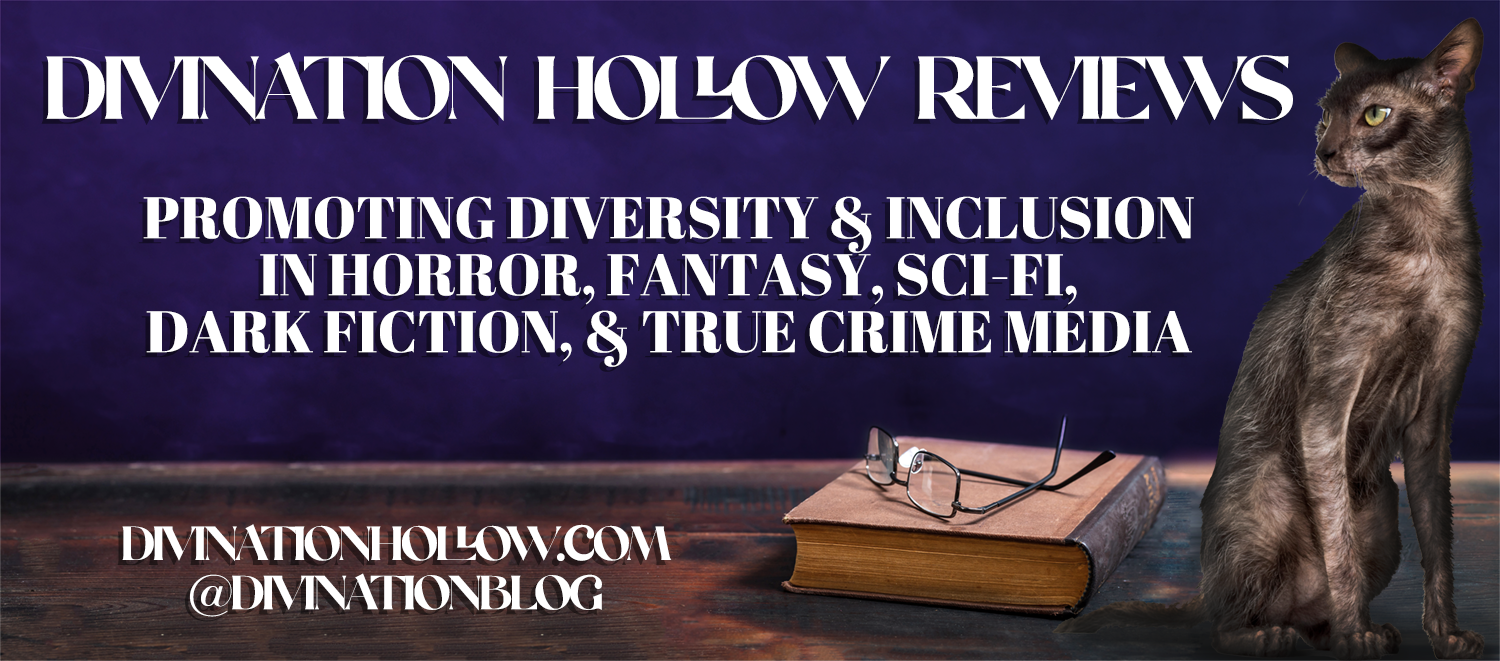Writing Advice: Editing Dos and Don’ts
Editing is a collaboration between the writer and the editor. As an editor, I can make suggestions, but ultimately, what changes are made and how they’re implemented is completely down to you, the writer. The important thing to remember is this is your edit. You’ve done the hard work of writing something, of creating these characters and working on the plot and all the other tricky bits that come with writing - an edit shouldn’t rewrite your work, but give you suggestions, ways to polish it and help it reach the next level, as well as making sure it’s as error free as possible.
There are ways you can make sure you’re getting what you need out of the edit. Every writer is different, and every writer’s journey is different, but these should cover the main points, and please feel free to reach out if you have any questions at all.
Do not send a first draft! The last thing you want is your editor combing over and making corrections in sentences and paragraphs that may get thrown out while you work on the next draft anyway. As writers, we all need to self-edit to some degree, and the more your editor spends correcting simple mistakes you could have picked up yourself, the less they’re going to be able to provide real, actionable feedback. This is slightly different for writers who self-edit as they go, but you don’t want to be handing over a draft that’s messy and full of easy-to-fix errors.
Do let the editor know what you need most help with! There might be some aspect of your manuscript you’re particularly concerned about, whether it’s dialogue, worldbuilding or some other element, if you mention it then your editor will be able to ensure they’re paying particularly close attention to these areas.
Don’t send a manuscript too early. Again, you want to be sending the editor a manuscript as close to a ‘final’ version as you can get. Some writers use beta readers at different stages, and if your beta readers tend to give advice that have you changing whole chunks of text, you want to implement that feedback before your editor gets their hand on it. That’s not to say don’t send it to a beta reader after you’ve had your edits back – it’s very much dependent on you, the writer, and the level of feedback you tend to get from others.
Do think of the long term. The feedback you receive isn’t just limited to the current project. You might notice certain habits throughout your writing when you get the feedback, or find the editor has highlighted a number of things you do really well. This can all help you improve as a writer for your next project, too.
Don’t leave it all last minute. If you need a manuscript back within a certain timeframe, let your editor know, but be prepared they might not be able to adhere to that depending on workload and the timeframe itself, and occasionally editors might need to charge more for a faster edit. You also need to give yourself enough time to carefully go through the edits and work on the manuscript once you get it back – you shouldn’t just click ‘accept all changes’ and consider it done, as there might be edits you disagree with.
Do feel proud! For starters, writing is hard. Completing something is hard. You should feel proud of yourself for getting to that stage, and it takes courage to share your work with someone, whether that’s friends, beta readers, or an editor.
Lastly, research – make sure you find an editor who is right for you, get a sample completed so you can see how they work, and make sure you’re requesting the right kind of editing for whatever stage you’re at.
Overall, remember that editing is a collaboration, but an editor really can only do so much. They can polish your manuscript and give suggestions, but the hardest parts of drafting and writing come down to you, as the writer. Editors are there to help you put out the best manuscript you can, and can help you put your best foot forward, but the work is in your hands. Best of luck, and if you have any questions about the editing process or anything else related to editing, please feel free to contact me.
By Elle Turpitt
Twitter: @elleturpitt
Bluesky: @elleturpitt.bsky.social



